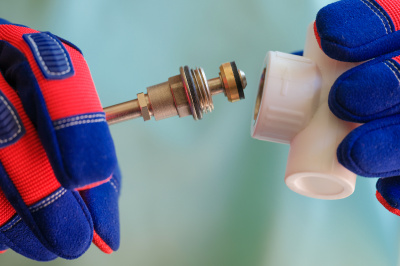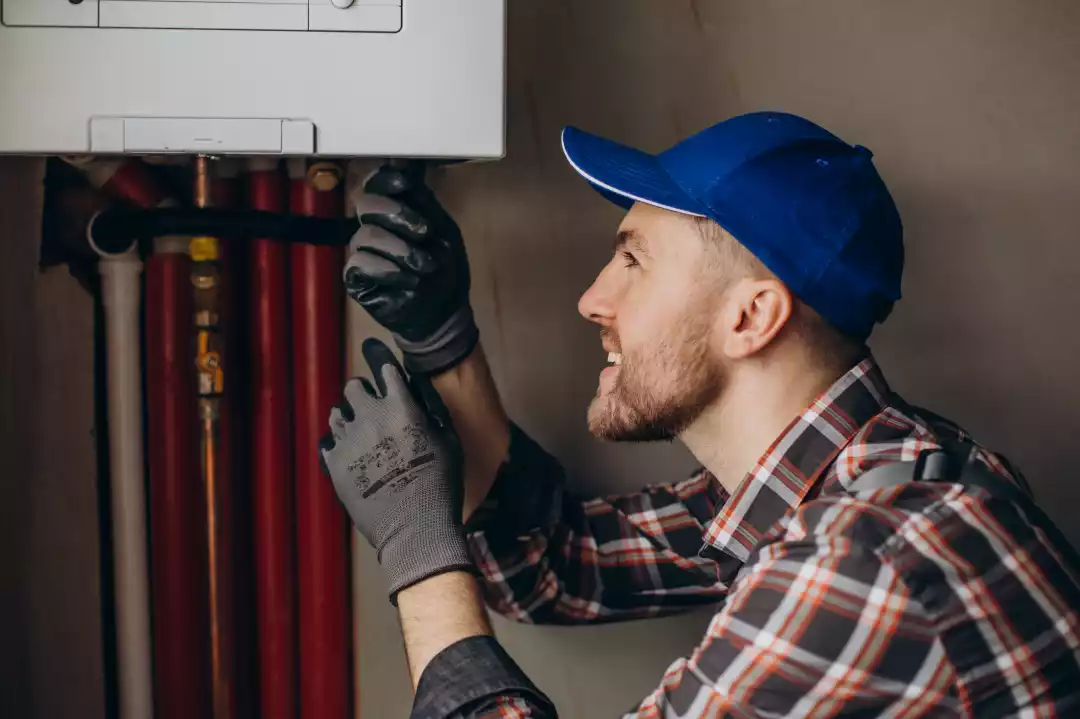What Is the Gas Safe Register?
If you own or manage property that is connected to gas, then you need to know about the Gas Safe Register. The register was established in 2009 by the Health & Safety Executive (HSE) to protect the public from unsafe gas work and to ensure that gas engineers are competent. It is a legal requirement that any engineer who undertakes gas works must be registered with Gas Safe, and all registered firms and engineers must display their Gas Safe ID card whilst working on a gas installation.
The Gas Safe Register is made up of a variety of organisations, such as plumbing and heating companies, as well as individual gas engineers who have been assessed and approved by Gas Safe to carry out gas-related works on domestic properties. Many gas works are complex and require specialist knowledge, which is why it is essential that gas engineers are Gas Safe registered before undertaking such works for customers.
How Can I Check Whether an Engineer Is Gas Safe Registered?
Knowing whether or not your engineer or Gas Safe registered firm is legitimate is easy; just ask to see their Gas Safe ID card. All Gas Safe engineers and companies must display their cards whilst working, so if your engineer does not have a valid card, then unfortunately, they will not be able to complete any gas works for you legally. You can also check an engineer’s or firm’s Gas Safe registration status online - simply visit the Gas Safe website and search by name, postcode or number in order to verify whether they are registered.

Need assistance finding heating engineers & contractors near you?
Get a QuoteHow Does An Engineer Get Gas Safe Registration?
In order to become Gas Safe registered, an engineer must complete the relevant qualifications, tests and assessments required by the Gas Safe Register. The specific qualifications vary depending on the type of gas work they will be undertaking and the areas in which they are qualified to work.
Before they receive their ID card, they must prove their competency by providing evidence of their qualifications and certification, as well as completing a practical assessment. This assessment is then assessed and verified by the Gas Safe Register. Once this process is complete, the engineer will receive their Gas Safe ID card and be registered on the Gas Safe Register.
Why Is It Important To Be Gas Safe Registered?
Being registered with Gas Safe is a legal requirement in the UK, and failure to comply can result in hefty fines or even imprisonment. Moreover, if a Gas Safe registered engineer carries out any work which goes wrong, they can be held liable and face prosecution. As such, it is essential that any engineer carrying out gas works is Gas Safe registered in order to remain compliant with the law and to ensure the safety of all those who may be affected by their work.
Why You Should Choose A Gas-Safe Registered Heating Engineer
Choosing an unregistered heating engineer could potentially put your safety at risk and mean that your gas appliances do not function correctly. Additionally, any work carried out by an unregistered engineer will not be covered by the Gas Safe Register and therefore, as the customer, you would be liable for any damage or injury caused by the engineer’s work. Therefore, it is always advisable to choose a Gas Safe registered engineer when you require any Gas Safe works.
Gas Safe registered engineers are experts in their field, and they take their role seriously. They have the necessary qualifications and experience - as well as being fully insured - so you can be sure that any work they undertake will be of the highest quality and will adhere to strict safety regulations. Furthermore, Gas Safe registered engineers must adhere to the Gas Safe code of practice, and they can be held accountable if they fail to do so.
Ultimately, choosing a Gas Safe registered engineer is essential for both your safety and peace of mind. Not only will you have the assurance that your engineer is qualified, experienced and fully insured, but you will also know that any work done by them will be compliant with the relevant regulations and legislation.
In this article:

